After studying architecture in college and landing a career in publishing because of her love of reading, Ashton Applewhite never thought she’d be a writer. Not only did she become…
Read moreBestselling author on a mission to fight ageism
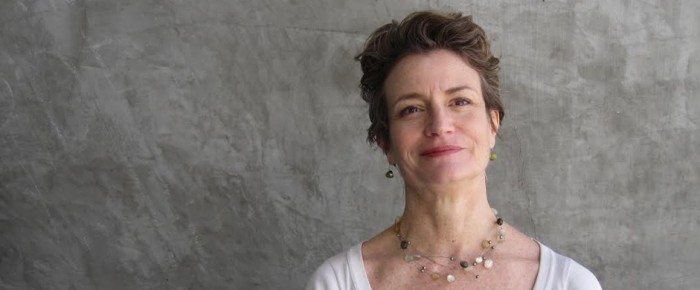

After studying architecture in college and landing a career in publishing because of her love of reading, Ashton Applewhite never thought she’d be a writer. Not only did she become…
Read more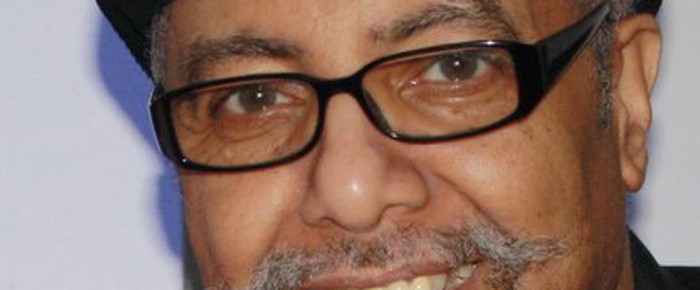
John Fielder, a born and raised New Yorker, has always been a savior of sorts for his community. Before turning 60, he was an emergency medical technician (EMT) for…
Read more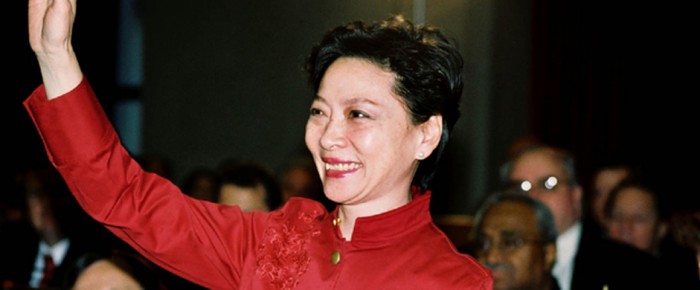
Ellen Young is not one to stay still, or stay quiet. The 62-year-old volunteers as the first, and only, Asian member of the Grievance Committee for the Second, Eleventh, and…
Read more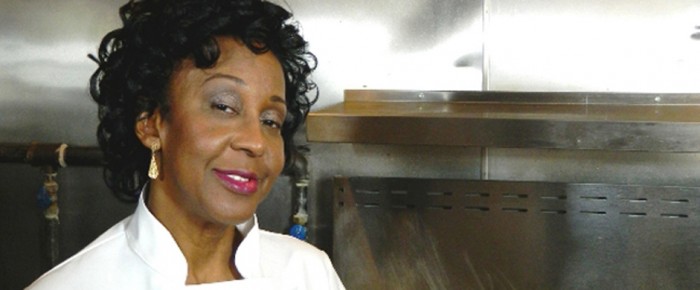
Owning her own restaurant is something Brenda Beener has wanted for a very long time. “I didn’t even realize it, until I started talking to people,” says Beener, who is known…
Read more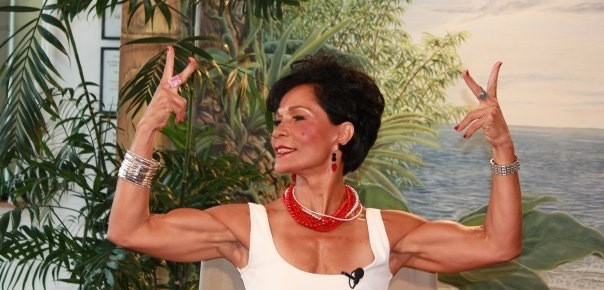
Dr. Josefina Monasterio spent her childhood climbing mango trees in her rural hometown, Punta de Mata, in western Venezuela. She says she was always athletic – competing in…
Read more